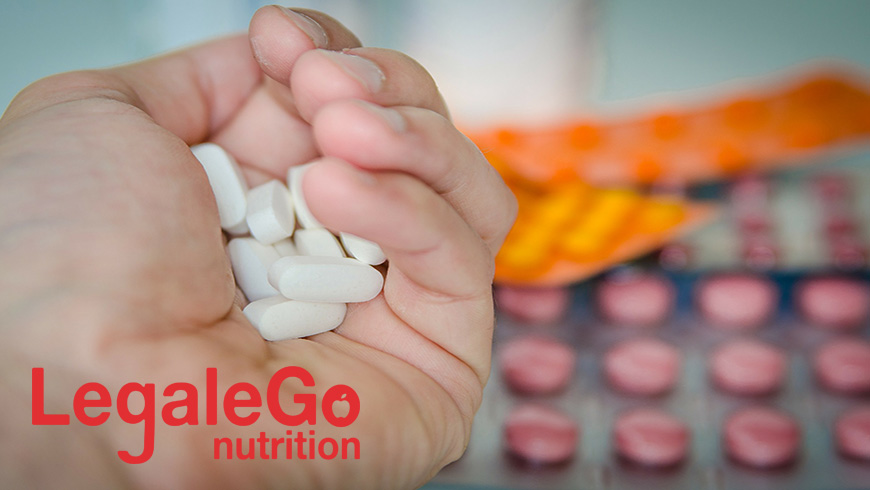
Food label fraud, what does the regulation establish?
What does the regulation on food label fraud establish?
The regulations establish very strong economic and social sanctions against product label fraud. In fact, these types of infractions are regulated in a very specific way.
Food business operators must ensure at all stages of production, processing and distribution that food meets the requirements of food legislation relevant to the effects of their activities. They must also verify that these requirements are met.
Thus, in terms of labeling, the regulations require that the information established in the food labeling should not mislead the consumer, especially with regard to the characteristics of the product, its true nature and its identity.
The European Commission, in its work of establishing plans on the control of fraud practices in food labels, has determined that it is essential that all requirements on labeling are met. In order to allow the consumer to know the real nature of the food. All ingredients must be mentioned on the label of packaged food products intended for the final consumer.
Consumers should not be misled about the characteristics of the food, attributing properties or effects that the food does not possess, by insinuating that the food has special characteristics.
Act fraudulently and report on the labeling on ingredients or compositions that the food does not contain, is typified in Law 17/2011, of July 5, on Food Security and Nutrition.
Specifically, article 50 of the aforementioned standard establishes that we are facing facts that may constitute a violation of food safety:
- The false or fraudulent use of sanitary or food-identifying marks, as well as the placing on the market of food or feed labeled in an insufficient, defective or, where appropriate, fraudulent manner.
- The absence or deficient application, by food or feed companies, of the self-control techniques required by the applicable legislation and, in particular, of the documentation that allows the correct traceability of food or feed.
These facts, depending on how they are typified, may result in minor, serious or very serious penalties. The amounts of these sanctions are:
- Minor offenses, up to 5,000.00 euros.
- Serious infractions, between 5,001.00 euros and 20,000.00 euros.
- Very serious infractions, between 20,001.00 euros and 600,000.00 euros
In addition to the economic sanction, the competent authorities may agree as accessory sanctions:
- Confiscation of adulterated, damaged, falsified, fraudulent, unidentified merchandise or that may pose a risk to the consumer.
- Publicity of the sanctions imposed by the commission of very serious infractions, when they have acquired firmness in administrative means, as well as the names, surnames, denomination or company name of the natural or legal persons responsible and the nature and nature of the infractions, provided that there is a risk to the health or safety of consumers, recidivism in infractions of an analogous nature or proven intentionality in the infraction. This type of measure can lead to great damage to the operator in its image and brand and, therefore, in its market share.






